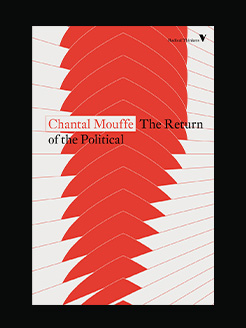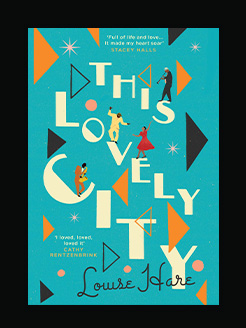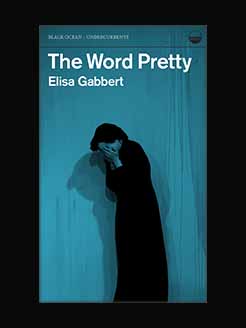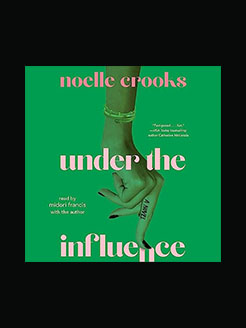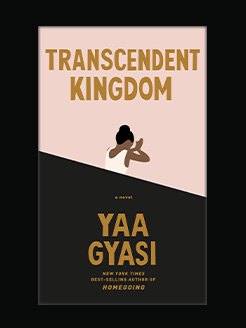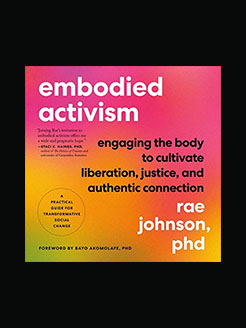Published in 2022 (first published 2014)
240 pages
Polina Barskova is an associate professor of Russian Literature at Hampshire College. She received her Ph.D. from the University of California at Berkeley. She is the author of twelve collections of poetry in Russian, including her latest volume of selected poems Solnechnoe utro na ploshchadi (A Sunny Morning on the Square, 2018), and author of a collection of short stories entitled Zhiviye kartiny (Living Pictures, 2014), for which she was awarded the Andrei Belyi Prize (2015). Three collections of her poetry have appeared in English translation: This Lamentable City (2010), Zoo in Winter (2011) and Relocations (2013). She edited the anthology Written In The Dark, named Best Literary Translation into English for 2017 by the American Association of Teachers of Slavic and Eastern European Languages, and of two scholarly works in Russian: a reader on the Siege of Leningrad Blokada: svidetel’stva o leningradskoi blokade (2017) and a collection of conference papers Blokadnye narrativy (2017). Her first English monograph, Besieged Leningrad: Aesthetic Responses to Urban Disaster, was published in 2017.
What is this book about?
A poignant collection of short pieces about the author’s hometown, St. Petersburg, Russia, and the siege of Leningrad that combines memoir, history, and fiction.
The prolonged German siege of Leningrad during the Second World War was among the most destructive sieges in history, leading to mass starvation and well over a million deaths. The contemporary Russian poet and scholar Polina Barskova, born in Leningrad, has done extensive research on the siege in archives in St. Petersburg, research that has borne fruit in Living Pictures, an extraordinary dramatization of life under the most extreme of circumstances. In the remarkable title piece of the collection, set in the winter of 1941 and 1942, Mosej and Antonina, a young couple who work in the Hermitage, refuse to take shelter underground, remaining instead in the grand galleries of the palatial museum. Their experience begins almost as a lark, as they recite poetry, perform tableaux vivants based on Rembrandt paintings, and retell the story of the Snow Queen. Inevitably, however, cold and hunger take over, and as they do the two characters fall silent, or rather, their imagined voices are replaced by documented voices of the siege, as if the reader had tuned into a ghostly radio channel. Living Pictures is an uncanny and poignant masterpiece in which Barskova brilliantly explores the vertiginous divide between individual suffering and recorded history.
